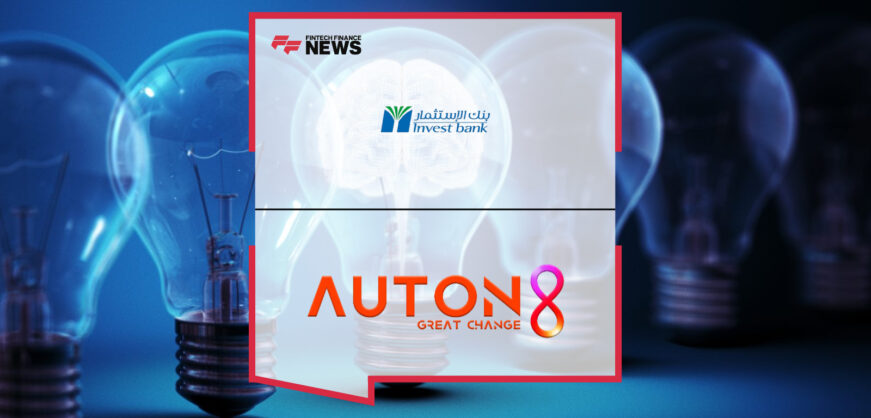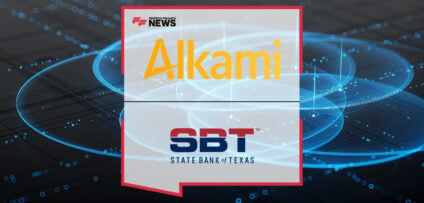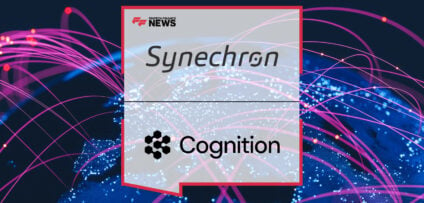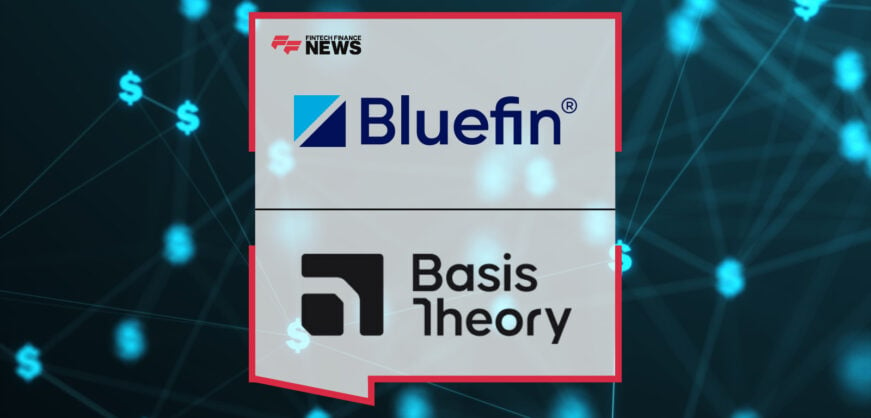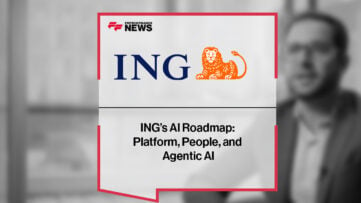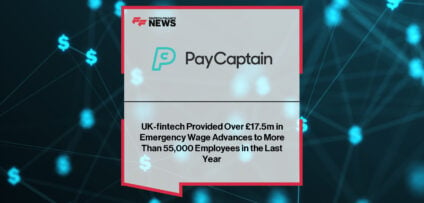Breaking News
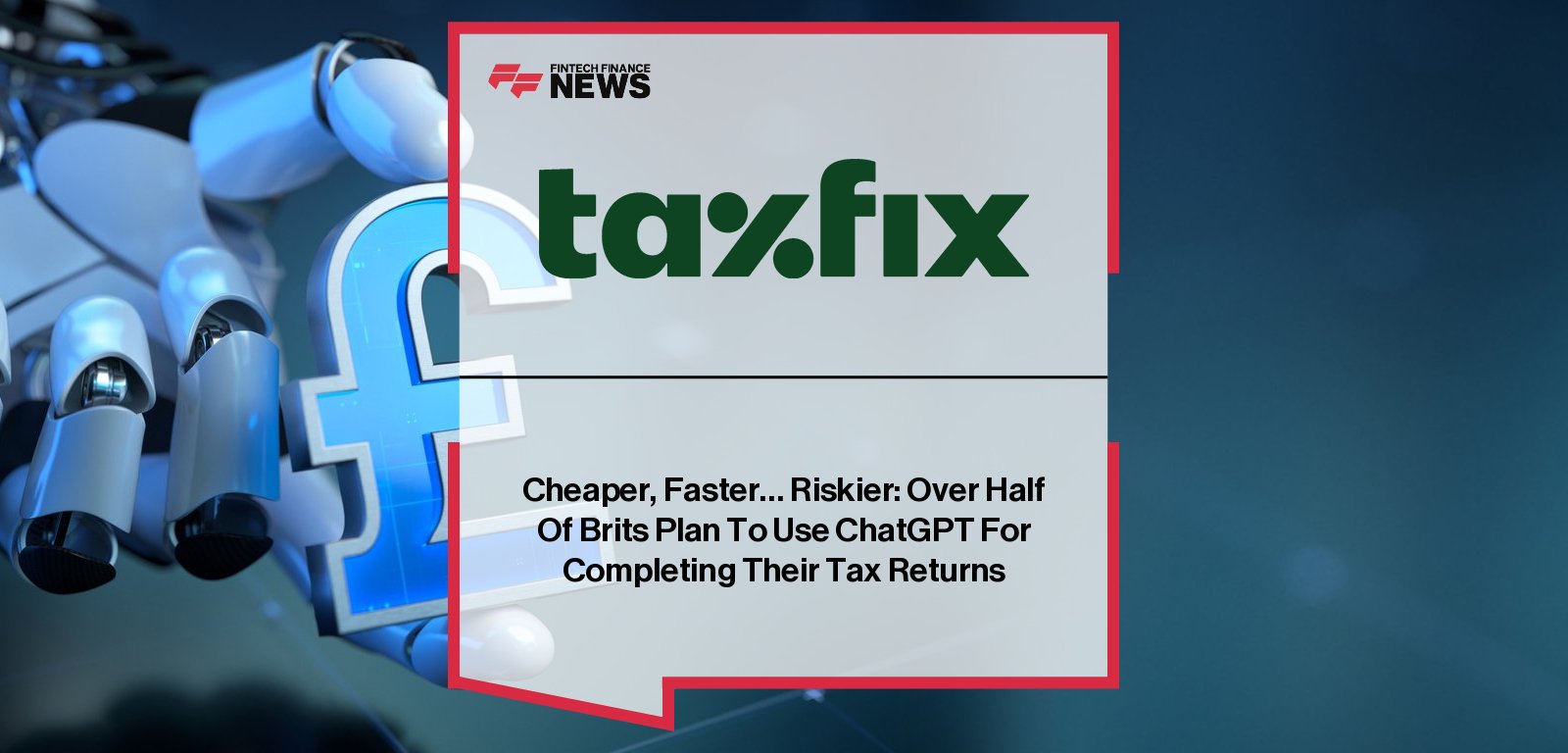
Cheaper, Faster… Riskier: Over Half Of Brits Plan To Use ChatGPT For Completing Their Tax Returns
Trust in AI is on the rise, as more than half (59%) of Brits admit that they’ll use AI to help with their tax return in the run-up to HMRC’s 31st January deadline. This marks the start of the UK’s first ever AI-led tax return season, according to new research from Taxfix, Europe’s leading financial platform for tax filing.
With millions of Brits required to complete self-assessment returns and average accountant fees ranging from £300-£500 for basic returns, the appeal of AI assistance is clear. HMRC’s automatic £100 penalty fine for late filing adds further pressure to the annual rush, driving many to seek faster, cheaper alternatives to professional help.
The research reveals that self-assessment taxpayers are turning to AI tools for faster (39%), more convenient (36%) and cheaper (33%) alternatives to bringing in an accountant for the return season.
However, according to accountants in the UK, it’s important to remember that not all AI tools are trained to understand the nuances of British tax law and cases involving complex deductions and reliefs.
Whilst accountants agree AI helps self-assessors with their understanding of the tax return process (35%), they also warn that AI can lead to costly mistakes, and urge self-assessors to be careful when it comes to using AI due to incomplete advice (73%), inability to handle nuance (62%) and a lack of UK-specific knowledge (52%) – such as not claiming back eligible tax, for even basic tax calculations.
The AI Tax Assistant
The findings highlight that AI is transforming the way Brits approach their tax obligations. Not only is there a small but notable gender gap in AI adoption and confidence, with men being more likely (65%) to use and trust AI for their tax return compared to women (53%), but more than three in five (68%) report feeling more in control of their finances since using AI tools for tax-related tasks.
When asked which AI tools self-assessors would be using for the tax return season, ChatGPT was the clear favourite (55%), followed by Microsoft Co-Pilot (12%) and Gemini (10%). However, just over a quarter (28%) said that they had no intention of using AI as part of the process.
Four in five (79%) respondents say that AI eases the stress and anxiety that they typically feel approaching the tax return season. However, two thirds (66%) of Brits said they’d benefit from a more personalised AI tax assistant and understandably, the majority (81%), still want access to qualified professionals when required.
A Generational Divide
Britain’s self-assessors aren’t just relying on AI.
The research revealed that nearly half of self-assessors (43%) are now researching tax tips on TikTok and YouTube, with creators like James Shack and the rising #TaxTok community playing a role in public financial education.
Perhaps unsurprisingly, there’s a clear generational divide when it comes to embracing social media. More than half (58%) of those aged 18-24 cited preferring TikTok and YouTube for advice over HMRC (36%). Whilst those aged 55-64 agreed that HMRC is an important source of information for them (67%), when compared to less traditional forms of media (10%).
Getting AI Right
AI is undoubtedly driving a step change in how people approach their taxes. This shift also raises new questions about accuracy and trust. According to accountants in the UK, AI can support people in asking the right questions (43%), yet, the majority say that human oversight still matters, especially for more complex deductions and reliefs (58%), such as IR35 cases (51%).
“AI has been a brilliant assistant in removing much of the mundane and laborious work from tax returns, from categorising transactions to estimating liabilities. While I’d encourage everyone to lean on AI assistants to get closer to their personal finances, it’s important to remember that AI isn’t infallible. I’ve seen clients miscalculate tax by relying on AI alone. It can apply the wrong tax rules from different countries, such as using US tax deductions on UK returns. This can lead to serious and costly penalties from HMRC. Using AI as a starting point can be very helpful, but you should always check the source of its information and, if in doubt, seek professional advice”, said Daniel Roper, Accountant.
“Taxes aren’t something any of us were taught at school. AI is helping to close that education gap, increasing accessibility to information and helping people to navigate often complex topics”, said Martin Ott, CEO at Taxfix. “Whilst I’m hugely supportive of the use of AI and it’s a muscle I encourage everyone to flex, it’s important that the right balance is struck between AI-led insights and real human expertise. That’s why at Taxfix we’re constantly building and innovating our product offering, using AI to provide a uniquely personalised experience for our customers, whilst giving everyone access to an independent tax advisor. And by automating the busywork behind the scenes, we also make our partner tax accountants’ jobs easier, giving them more time to focus on their clients’ needs.”
People In This Post
Companies In This Post
- Bluefin and Basis Theory Partner to Enable Unified Tokenization Across Digital and In-Person Payments Read more
- Invest Bank and AUTON8 Build Partnership to Drive Digital Resilience and Banking Agility Read more
- ING’s AI Roadmap: Platform, People, and Agentic AI Read more
- UK-fintech Provided Over £17.5m in Emergency Wage Advances to More Than 55,000 Employees in the Last Year Read more
- TreviPay Announces AI-Powered Growth Center to Help Enterprises Predict Buyer Behavior and Drive B2B Sales Read more




